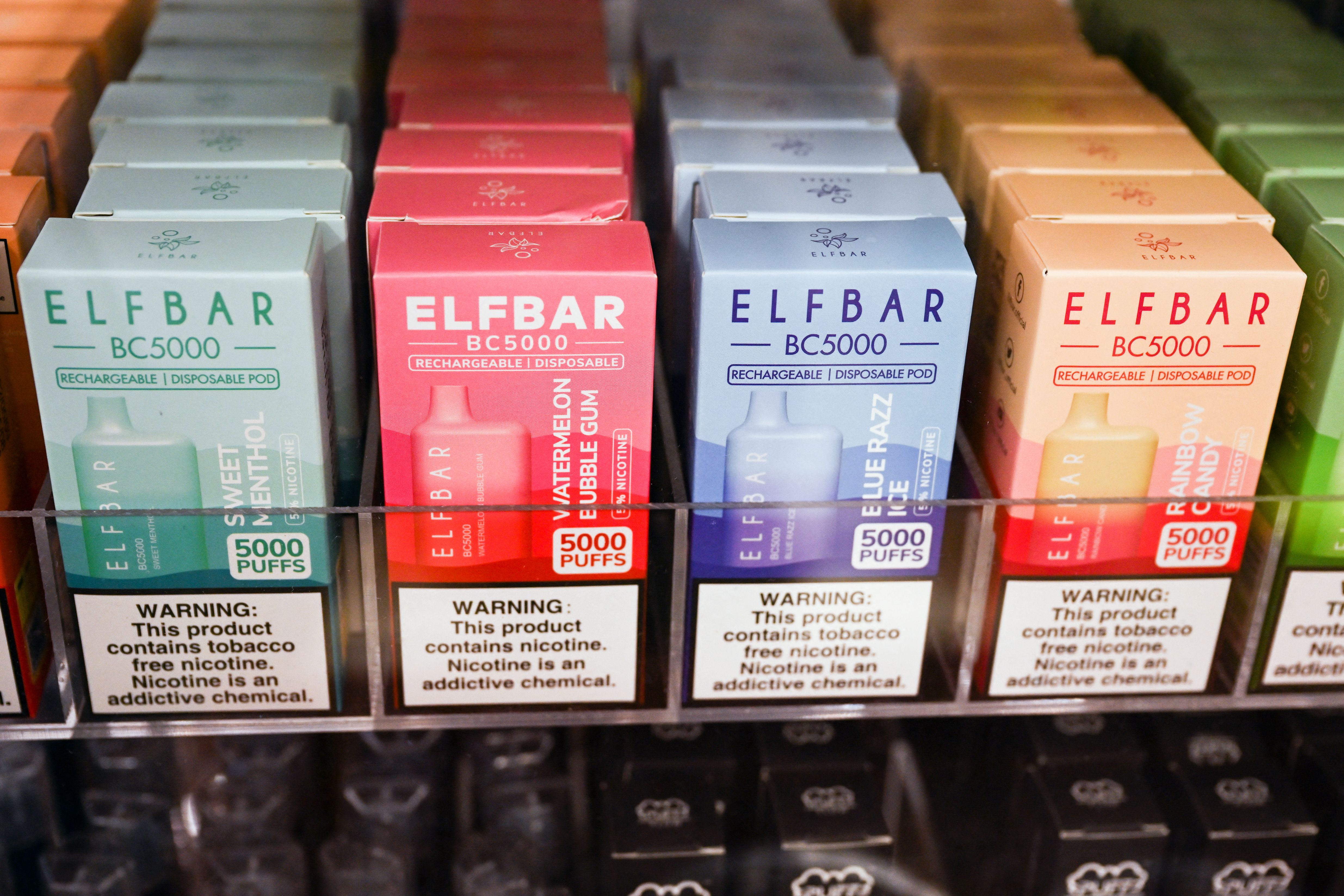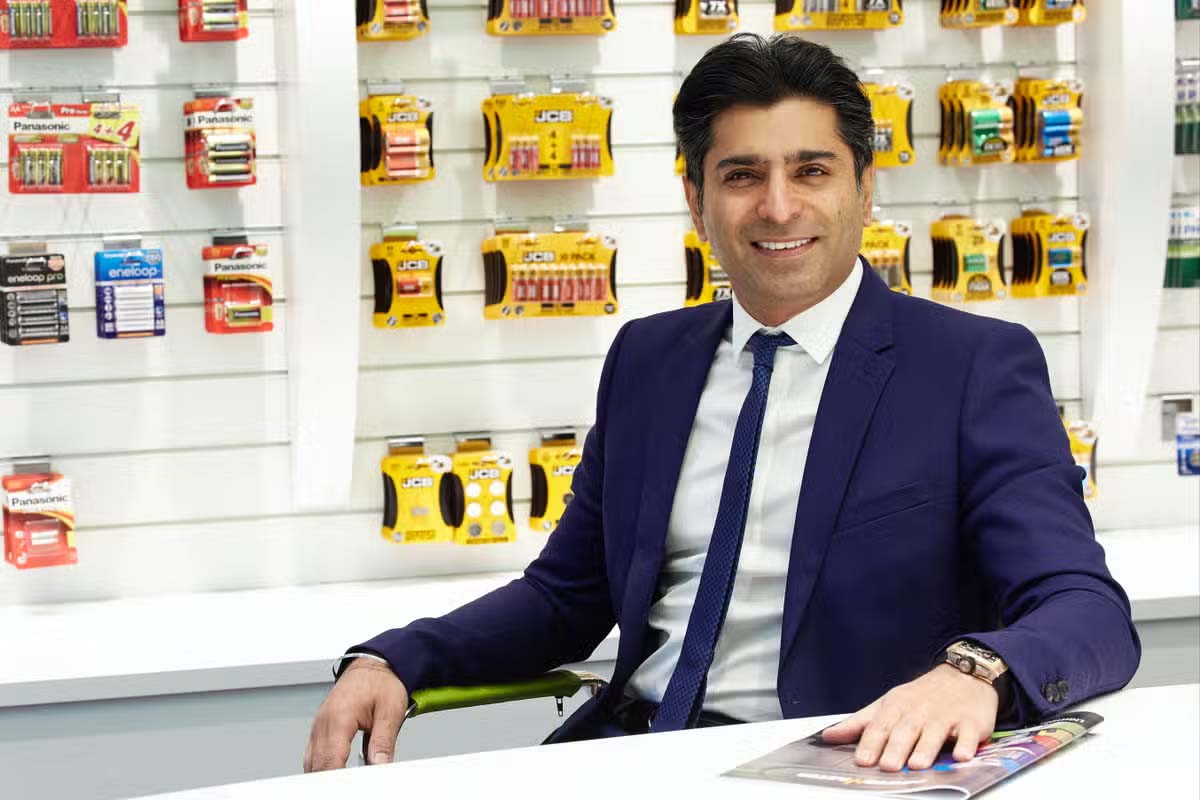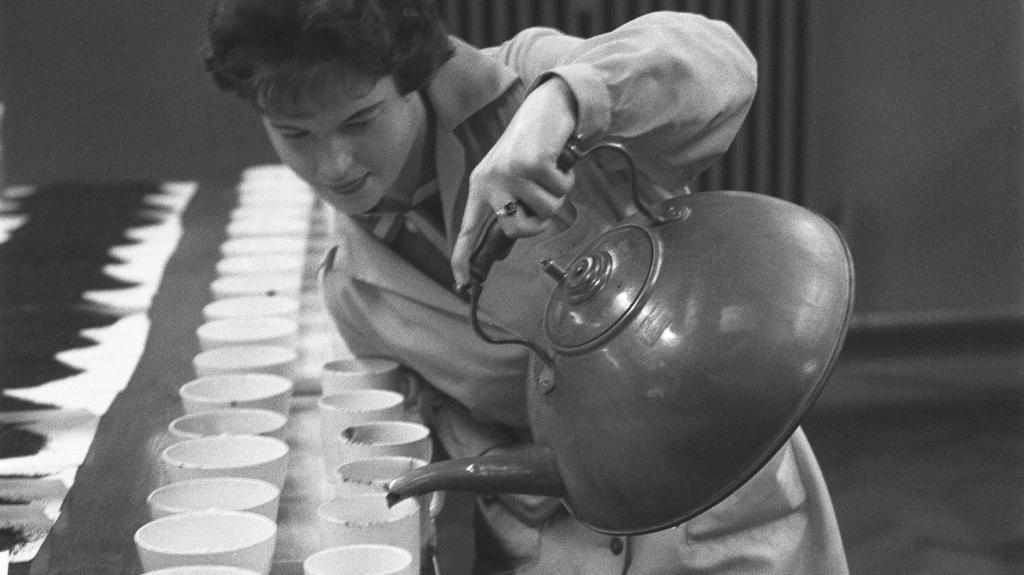Typhoo Tea Faces Significant Challenges After Debt Acquisition, New Owner Says
According to its new owner, Typhoo Tea was “strangled” by substantial debt while under private equity ownership, but there are plans to revitalize the historic tea brand.
Supreme, a London-based vape and beverage company, acquired Typhoo Tea out of administration on Monday with a purchase price of £10.2 million.
Founded in 1903 by John Sumner Jr. in Birmingham, Typhoo Tea entered administration last week after failing to secure the necessary financing to settle its debts amidst declining sales figures.
Sandy Chadha, CEO of Supreme, noted that Typhoo had struggled significantly since its private equity takeover, attributing part of the brand’s difficulties to what he described as “lots of bad luck”.
Chadha explained, “There has been too much debt on the business in the past, which strangles your business.” He highlighted that Typhoo had substantial debt due to a highly leveraged acquisition by Zetland Capital, which purchased the tea company from Apeejay Surrendra Group in 2021. Chadha remarked, “This is a business that’s not made any money, so how do you support £25 million-plus debt? How do you support that unless you’re generating any cash?”
In recent years, Typhoo has faced declining sales as Britain’s overall tea consumption dwindles.
The company attempted a turnaround strategy that included cutting staff and revamping its supply chain. However, Typhoo encountered challenges last year when trespassers disrupted operations by breaking into its facility in Moreton, Wirral.
Since reporting a pre-tax profit of £220,000 for the financial year ending in 2017, Typhoo has faced significant losses, tallying pre-tax losses exceeding £100 million since then. Its latest accounts show revenues of £25.3 million for the year ending September 30, 2023, a decline from £33.7 million during the same period the prior year.
Pre-tax losses for Typhoo increased to £38 million for the past year, compared to £8.5 million the year before. The company also incurred exceptional costs of £24.1 million in the 2023 financial year, largely due to the site break-in.
This acquisition aligns with Supreme’s strategy to expand its beverage and nutritional offerings while shifting focus away from vaping, especially in light of anticipated government restrictions on disposable vapes next year.

Supreme’s acquisition of Typhoo Tea marks an effort to diversify the brand’s portfolio, aiming to balance annual non-vape sales to approximately 50% of overall revenue. Earlier this year, Supreme also launched a soft drinks division and acquired Acorn Topco, the parent company of Clearly Drinks, for £15 million.
When asked about the motivation behind saving Typhoo, Chadha stated, “It’s such an iconic brand. I’ve received numerous messages from people expressing relief that the brand has been saved and is not facing closure.”
To restore Typhoo Tea to its former glory, Chadha expressed commitment to ensuring product quality, competitive pricing, widespread availability, and robust marketing.
Supreme intends to boost Typhoo Tea’s distribution from roughly 8,000 to 20,000 retail outlets, expanding it significantly within the UK market where Supreme operates around 40,000 outlets.
The company is also considering new product development opportunities, noting, “The tea market is declining, but the iced tea market is significantly on the rise.” Chadha suggested that there’s potential for Typhoo to explore iced teas in the summer, though no decisions have been made yet.

Chadha has pledged to do his utmost to ensure the success and enduring legacy of the Typhoo brand.
Supreme has stated that Typhoo will integrate seamlessly into its operations, maintaining customer service standards during the transition.
Currently, Typhoo Tea employs a team of 30 staff members. Chadha plans to meet with each employee to discuss their roles and determine the best strategic path forward.
Founded in 1975 by GS Chadha, Supreme has grown into a major supplier of various products, including Elf Bar vapes and Duracell batteries. Sandy Chadha took over the leadership from his father in 2003 and led the company to its flotation on Aim, London’s junior market, three years ago.




Post Comment